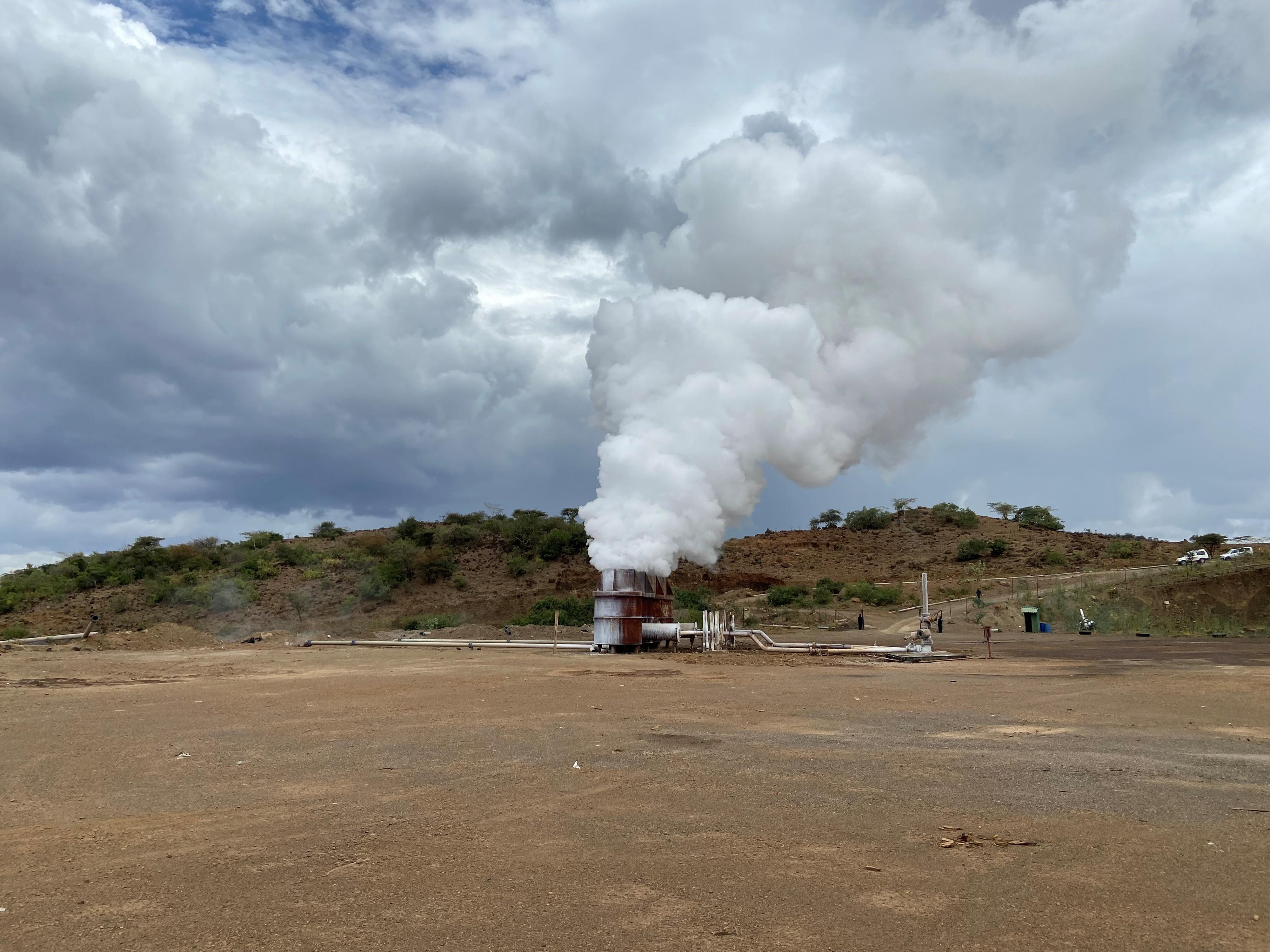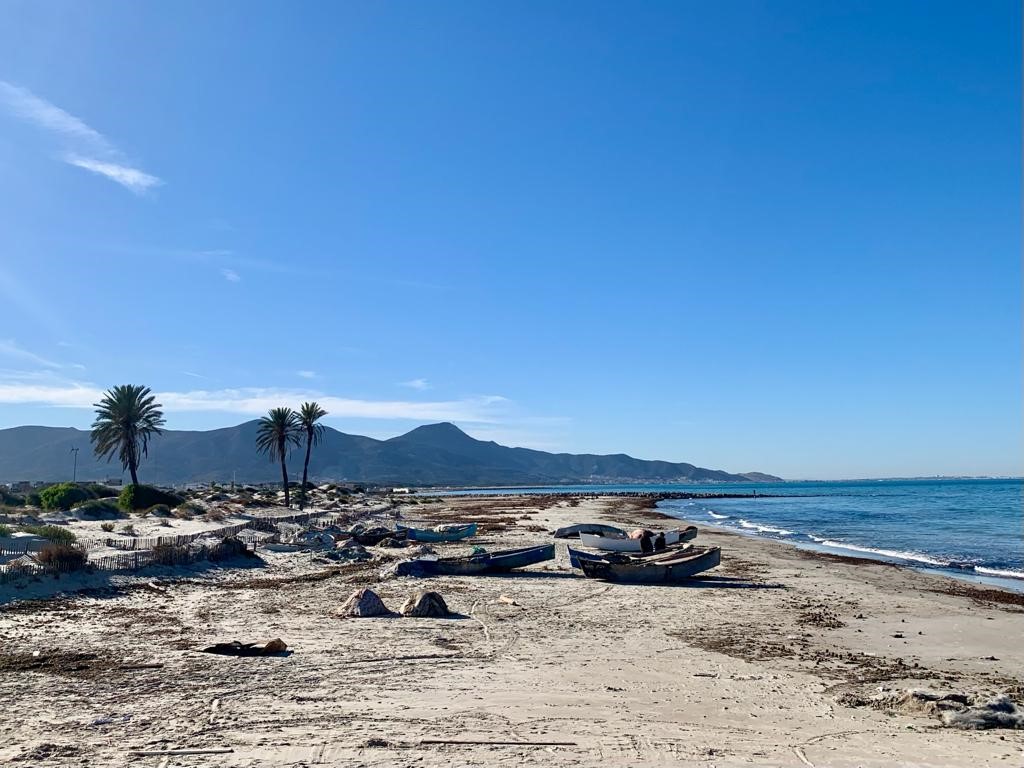Press information 8 December 2023 Debt-for-climate swaps
Germany is one of the few countries in the world with an established bilateral swap programme. The idea is that if a country is indebted – but not overindebted – it can swap part of its debt for a commitment to invest the same amount in social-ecological transformation. This benefits the country that converts its debts and the global community equally. Countries that are already overindebted, however, need more comprehensive debt restructuring as part of the Paris Club or within the G20 Common Framework.
In the case of a debt-for-climate swap, the two countries agree on concrete climate change mitigation or adaptation projects that are implemented using the designated funds. The debt service to Germany in that amount is only considered paid back once the projects have been implemented successfully.
In this way, Germany is able to offer partner countries total debt conversion of up to €150 million a year.
Kenya as an example
Geothermal field development in Kenya
The BMZ is engaged in a debt-for-climate swap with Kenya, for example. The Kenyan government is providing the equivalent of 60 million euros over the course of several years for projects agreed with Germany. Once the projects have been successfully implemented, Germany will waive debt repayments in the equivalent amount. Implementation will start in 2024.
This debt-for-climate swap will be used to support existing Kenyan-German cooperation projects in the areas of renewable energy and sustainable agriculture. The funds can be invested in climate resilience projects to increase food security and youth employment in western Kenya, for example, or in improving rural roads to ensure farmers have better access to markets. Among other things, this can help to reduce post-harvest losses. The Bogoria-Silali Block geothermal field is also being developed and the power grid stabilised so that the renewable energy generated can be delivered to households more reliably. Kenya already sources over 90 per cent of its power from renewable energies.
Egypt as an example
The debt-for-climate swap agreed between Egypt and Germany is strengthening the national power grid operated by the Egyptian Electricity Transmission Company (EETC). Egypt and Germany signed a debt swap agreement worth 54 million euros in June 2023. The activities financed through the debt swap are currently in preparation, and some of them are already underway.
The debt conversion is financing three transmission lines that will connect three wind farms (the Red Sea, the Amunet and the Masdar wind farms, with a total output of 1,200 Megawatts) to the national power grid. In addition, two substations that have come to the end of their service life will also be rebuilt.
Strengthening Egypt’s power grid will help to increase security of supply and reduce greenhouse gas emissions. This will make a major contribution to Egypt’s energy transition by integrating renewable energy into the national power grid.
Tunisia as an example
Coastal protection in Soliman, Tunisia
North Africa is one of the regions in the world most heavily impacted by rising sea levels. The negative effects can already be felt in the coastal areas of Tunisia.
Facilitated by a debt-for-climate swap, the Tunisian coastal protection agency APAL is investing over 15 million euros in improving the ability of Tunisia’s coastline to adapt to climate change. The activities funded by the debt conversion will contribute to a new phase of the coastal protection programme, which has been in place since 2013. As part of the programme, KfW Development Bank is financing infrastructure projects on behalf of the German government.
This includes the construction of submerged breakwaters and dikes, sand replenishment and dune stabilisation to reduce coastline erosion and, at the same time, sustain key coastal economic hubs. Coastal areas account for around 90 per cent of Tunisia’s GDP.
As at: 08/12/2023

